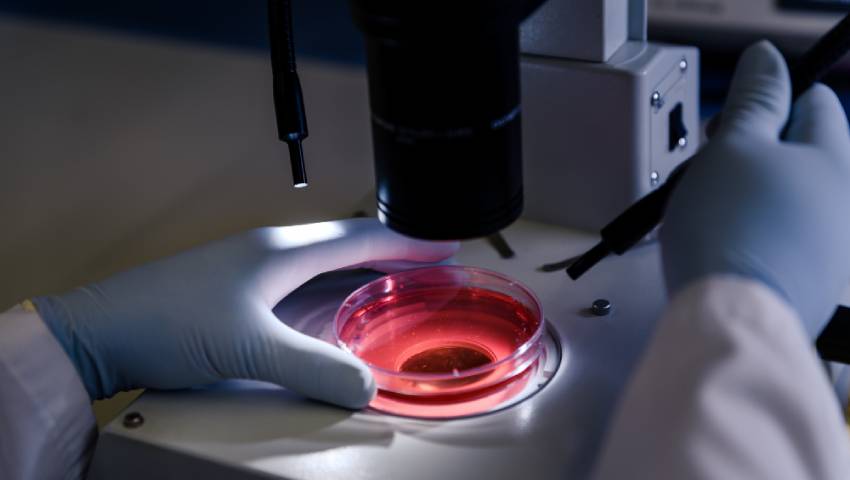
- 06/12/2023
- PrecisionPlus Superspeciality Hospital
- 0 Comments
- Blog
Early Detection Saves Lives: Importance of Screenings for GI Cancers
Cancer Detection
Gastrointestinal (GI) cancers, also known as digestive cancers, are a group of malignancies that affect the organs of the of the digestive tract, including the esophagus, abdomen, and small intestine. These cancers pose a significant health burden, accounting for approximately 13% of all cancer diagnoses and 10% of all cancer deaths worldwide.
Understanding the Menace of GI Cancers:
The Lifesaving Impact of Early Detection:
- Enhanced Treatment Success: Identifying GI cancers in their early stages can help to improve the chances of successful treatment. Early detection allows for more effective and less aggressive treatment getting better results.
- Halting Progression in its Tracks: Regular screenings can catch precancerous conditions or early-stage cancers before they advance, interrupting the progression and preventing the development of more serious diseases.
- Tailored and Less Risk in Treatments: Early detection often opens the door to less invasive treatment options, minimizing the need for extensive surgeries and harsh therapies that might be necessary in advanced cases.
Key Screening Approaches for GI Cancers:
- Colonoscopy: An invaluable tool for detecting and removing precancerous polyps in the colon and rectum.
- Endoscopy: Utilized for examining the upper digestive tract, identifying abnormalities in the esophagus, stomach, and small intestine.
- Imaging Techniques: CT scans, MRIs, and ultrasounds play a crucial role in pinpointing tumors or irregularities within various GI organs.
- Laboratory Analysis: Blood tests and stool tests can offer insights by detecting specific markers or abnormalities linked to GI cancers.
Risk factors for GI Cancer:
Individuals should talk to their doctor to determine their risk factors for GI cancers and discuss appropriate screening recommendations. Screening is generally recommended by doctors for individuals for certain following risk factors, such as:
- Age: The risk of GI cancers increases with age.
- Personal history of GI polyps: Polyps are growths on the inner lining of the digestive tract. Some types of polyps can increase the risk of GI cancer.
- Family history of GI cancers: Having a close family member with a GI cancer increases the risk of developing the same cancer.
- Inflammatory bowel diseases: Chronic inflammatory bowel diseases, such as Crohn’s disease and ulcerative colitis, increase the risk of GI cancers.
Empowering Health Choices through Screening:
Regular screenings give a proactive and empowering step towards saving and making your better gastrointestinal health. By identifying certain risks early on, individuals can take control of their health journey, enabling timely interventions and improving overall health.
Early detection through screenings serves as a strong hope in the battle against GI cancers. It’s a proactive step that saves lives, improves treatment Output, and empowers individuals to take charge of their health. Don’t wait for symptoms; take action today by scheduling a screening. Reach out to our GI care team for guidance, support, and personalized screening plans tailored to your needs
If you are looking for the Best GI treatment in Pune then Precision Plus hospital is Pune’s One of Best GI Treatment Hospital in Pune at Precision plus Hospital Dr. Narendra Chopde is Pune’s of Best GI Specialist in Pune
By giving importance to early detection, we can collectively work towards a bright future where GI cancers are detected early, treated effectively, and lives are saved.
